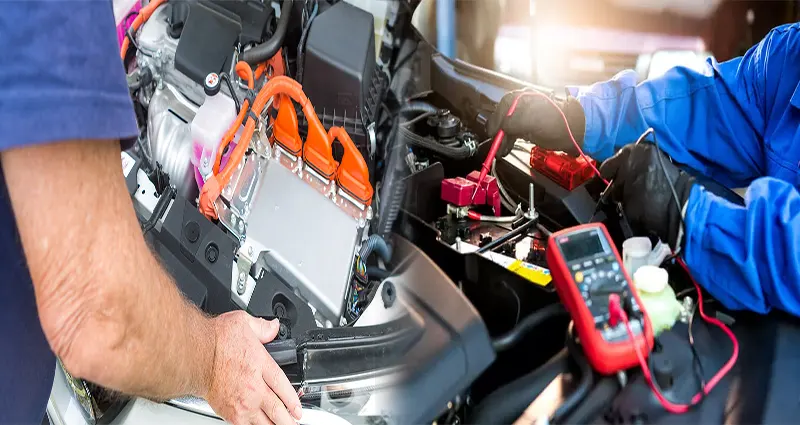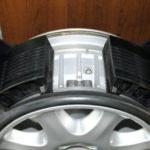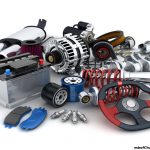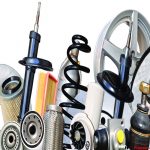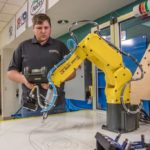As electric vehicles (EVs) continue to gain popularity, it’s essential for mechanics and DIY enthusiasts to have the right tools to handle repairs and maintenance for these advanced vehicles. Unlike traditional internal combustion engine cars, EVs have unique components and systems that require specialized tools for efficient and safe servicing. Here are some of the best tools needed for electric vehicle repair:
1. Multimeter:
A high-quality multimeter is essential for diagnosing electrical issues in an EV. It can measure voltage, current, and resistance, allowing technicians to troubleshoot the vehicle’s electrical systems effectively.
2. Insulated Tools:
Working on electric vehicles requires insulated tools to prevent electrical shocks. Insulated screwdrivers, wrenches, and pliers are crucial for safely handling electrical components.
3. Electric Vehicle Service Equipment (EVSE) Tester:
An EVSE tester is used to diagnose charging station issues and ensure the proper functioning of the EVSE infrastructure. It can test the connectivity, insulation, and grounding of charging equipment.
4. High-Voltage Gloves and Safety Gear:
When dealing with high-voltage systems in electric vehicles, it’s imperative to use personal protective equipment such as high-voltage gloves, safety goggles, and insulated clothing to minimize the risk of electrical accidents.
5. Diagnostic Scan Tool:
A specialized diagnostic scan tool designed for electric vehicles is essential for retrieving fault codes, monitoring battery health, and accessing the vehicle’s onboard diagnostics system. These tools provide valuable insights into the EV’s performance and help in identifying issues quickly.
6. Battery Management System (BMS) Diagnostic Tool:
EVs rely on complex battery management systems to regulate and monitor the battery pack. A BMS diagnostic tool allows technicians to assess the health of individual battery cells, manage cell balancing, and detect potential battery faults.
7. Torque Wrench:
Proper torque is critical for fastening electrical connections and components in an EV. Using a torque wrench ensures that electrical connections are secure without the risk of over-tightening or damaging sensitive components.
8. Isolation Transformer:
An isolation transformer provides an added layer of safety by protecting technicians from potential electrical hazards when working on high-voltage systems in EVs. It isolates the power source from the circuit being serviced, reducing the risk of electrical shock.
9. Electric Vehicle Lift:
A specialized lift designed for electric vehicles is essential for accessing and servicing the EV’s underbody, battery pack, and electric drivetrain. These lifts are designed to accommodate the unique weight distribution and dimensions of EVs.
10. Workshop Manual and Wiring Diagrams:
Access to comprehensive workshop manuals and detailed wiring diagrams specific to the make and model of the electric vehicle is invaluable for accurate diagnosis and repair procedures.
As electric vehicles become increasingly prevalent, having the right tools and equipment is crucial for ensuring the safety and efficiency of EV repair and maintenance. Investing in high-quality, specialized tools and staying updated on the latest EV technology is essential for anyone involved in servicing electric vehicles. By equipping themselves with the best tools for electric vehicle repair, technicians and enthusiasts can contribute to the continued growth and success of the electric vehicle industry.

